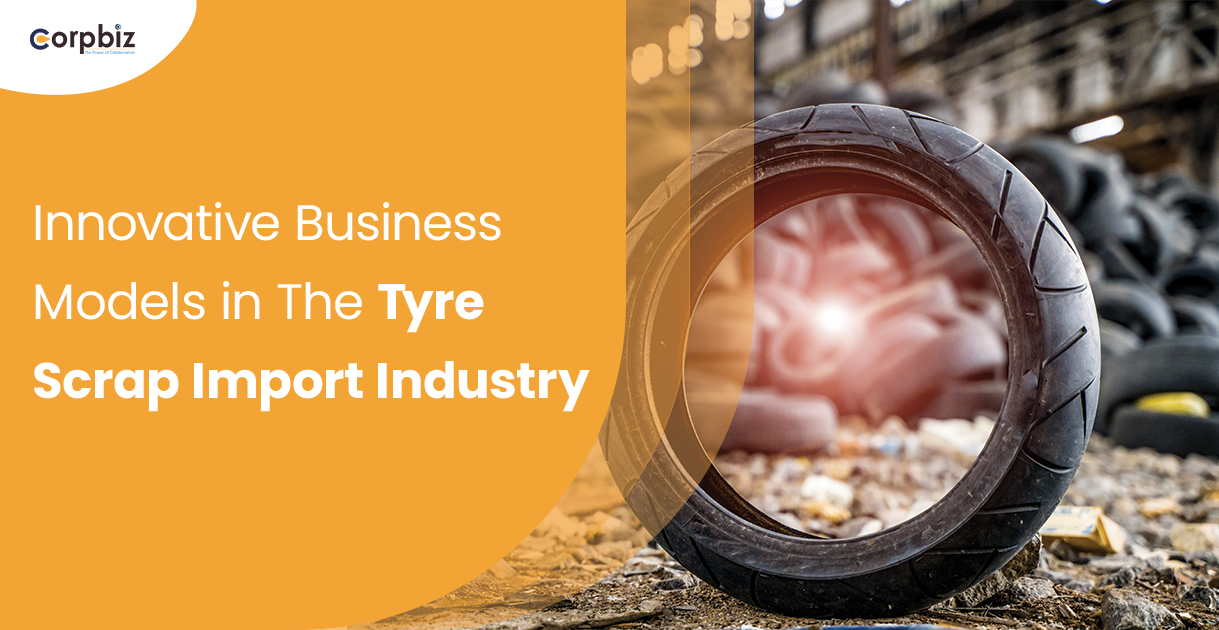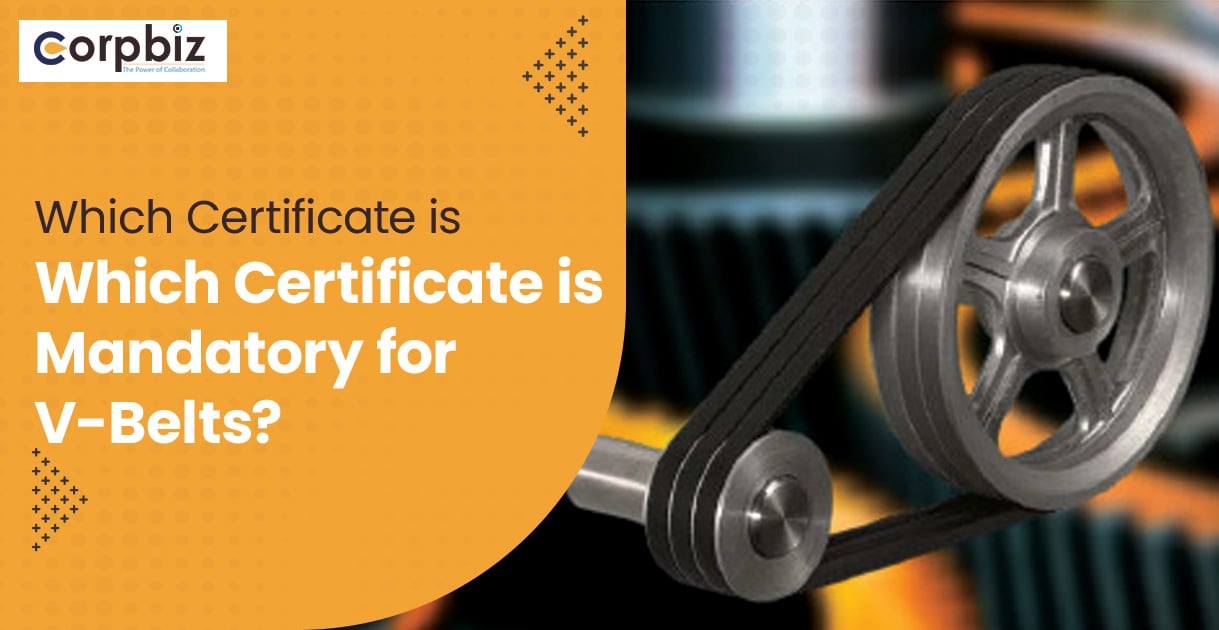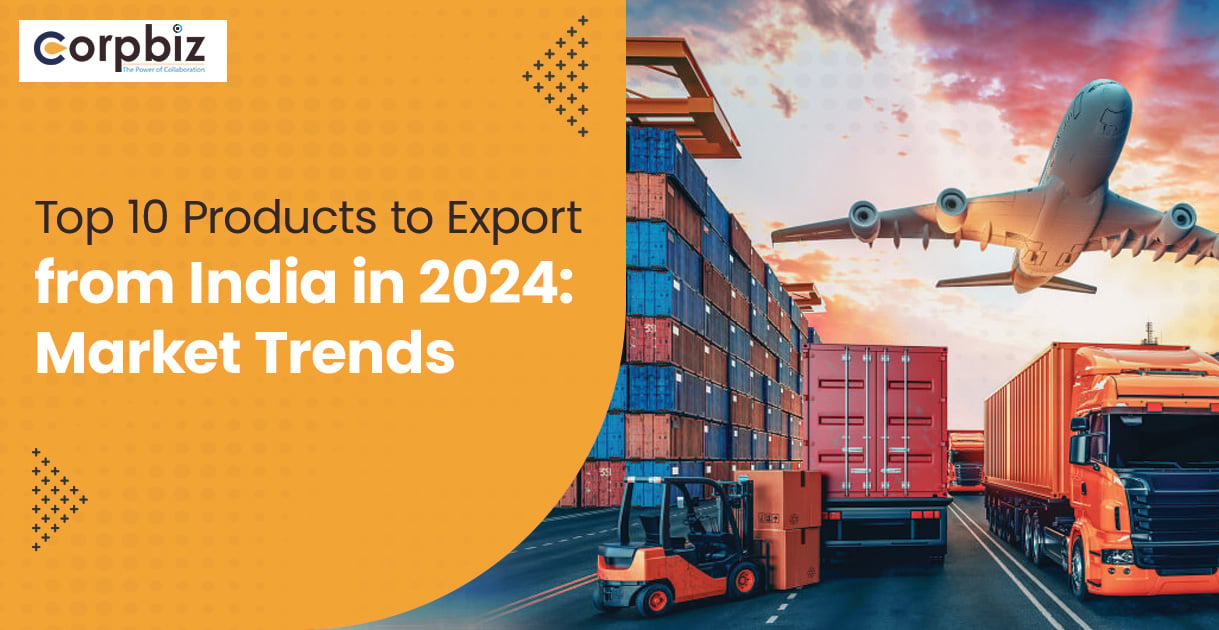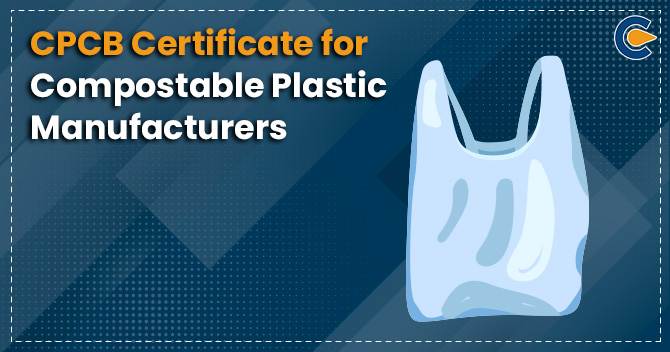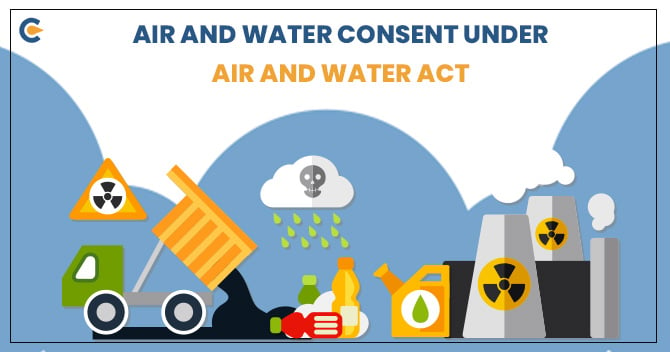In recent years, growing awareness of environmental sustainability and circular economy principles has increased demand for tyre trash imports. As the world struggles with the effects of climate change, companies are searching for more creative methods to help build an environmentally friendly future.
In this context, importing tyre waste offers business owners a remarkable chance to transform conventional business models and promote long-term success. We will discuss the available business models for tyre scrap import industry in this blog, but first, let’s talk about the evolution of scrap import industry in India.
The Evolution of Tyre Scrap Import Industry in India
It has been anticipated in the recent course of time that the tyre scrap recycling market is expected to grow at a substantial rate during the forecast time frame between 2023 and 2030. Over the past few years, India’s scrap import business has seen significant growth and development, driven by industrialisation, urbanisation, and globalisation. The tyre scrap import industry has now become an integral part of India’s manufacturing sector, owing to the increasing demand for raw materials and recycling opportunities.
Global trends and economic factors, including fluctuations in commodity prices, trade policy changes, and recycling technology advancements, have also influenced the tyre scrap import industry. These dynamics have shaped the growth trajectory of the scrap import business in India, driving opportunities and challenges for the stakeholders.
Business Models in the Tyre Scrap Import Industry
The tyre scrap import industry offers businesses a unique chance to infuse innovation in traditional business models to promote sustainable growth. These models include:
Circular Economy Integration
One innovative business model gaining traction in the tyre scrap import industry is the integration of circular economy principles. Instead of viewing used tyres solely as waste, businesses adopt a circular approach by treating them as valuable resources. Companies are establishing comprehensive systems to collect, process, and reintegrate tyre scrap into new products.
For example, some companies are investing in advanced recycling technologies to break down tyres into raw materials that may be used to manufacture new tyres, create playground surfaces, and develop construction materials. Recycling reduces the impact of waste tyres on the environment and opens up new revenue streams.
Collaborative Supply Chain Platforms
Success in the tyre scrap import business depends on building effective supply chain platforms. Forward-thinking companies use cooperative structures to unite stakeholders, such as tyre producers, recycling centres, and logistics suppliers.
These platforms utilize technology to optimize their processes—from collecting used tyres to getting them to their destination.
Working in collaboration helps businesses maximize transportation routes, cut expenses, and boost overall productivity. Such associations facilitate accountability, transparency, traceability, supply chain management, and stakeholder trust through real-time tracking and shared data.
Blockchain for Transparency and Traceability
Blockchain technology plays a crucial role in shaping how tyre trash is imported.
Businesses can leverage blockchain to create transparent and verifiable systems to track tyres’ lifecycles, from manufacturing to disposal. This guarantees adherence to environmental rules and aids in confirming the legitimacy of recycled goods.
Since blockchain technology is decentralized, it offers additional security and makes it more difficult for a single party to change or fabricate data. Environment-conscious customers find such a degree of openness appealing. It can help companies in the tyre scrap import industry stand out from the competition and create their own business model.
Waste-to-Energy Solutions
Ingenious companies are investigating waste-to-energy schemes to extract more energy from tyre debris. Tyres can be converted into energy sources like oil, gas, and char using cutting-edge technologies like gasification and pyrolysis to produce renewable energy and address disposal issues simultaneously.
Tyre scrap import companies can diversify their revenue streams and meet sustainable energy targets by incorporating waste-to-energy technologies into their business models. Such strategies are sensible from economic and environmental standpoints.
Consumer Engagement and Education
One of the most essential components of creative business models in the tyre scrap import sector is educating consumers about the environmental effects of tyres and the significance of responsible disposal. Some businesses implement customer engagement tactics such as loyalty programs and awareness campaigns to promote appropriate tyre disposal procedures.
Companies are exploring joint venture options with automakers to encourage environmentally friendly tyre selections. Such businesses push the entire tyre industry to adopt sustainable practices by generating market demand for environment-friendly tyres.
Licenses and Permits Required to Start Tyre Scrap Import Business
The licenses and permits required to kickstart tyre scrap import business in India are mentioned below-
- NOC from Pollution Control Board
- IEC Registration
- SPCB Clearance
- GST Registration
- EPR Registration Certificate
How is Scrap Connected to the Indian Circular Economy Model?
Importing tyre trash is essential to India’s adoption of the Circular Economy Model. The reduce-reuse-recycle philosophy is fundamental to the circular economy model, which aims to decrease waste production and encourage sustainable consumption habits. The import of tyre scrap benefits this model in the following ways:
Resource Efficiency
Industries can obtain a vital supply of raw materials by importing tyre scrap. Utilizing tyre waste increases resource efficiency by preventing the extraction of new materials using preexisting ones. This method aligns with the circular economy’s philosophy of protecting and extending resource life.
Reducing Landfill Burden
Tyre disposal poses a severe environmental threat, and incorrect disposal can result in ecological problems. To tackle this problem, India now minimizes the burden on landfills by importing trash for recycling to reduce the environmental damage caused by inappropriate tyre disposal.
Energy Savings
Tyre scrap can be recycled and used in sectors like cement production, resulting in significant energy savings. Cement kilns that use fuel obtained from tyres instead of conventional fossil fuels can promote a more sustainable energy mix and reduce greenhouse gas emissions.
Job Creation and Economic Growth
The import of tyre scrap powers the tyre recycling sector, boosting employment and fueling economic growth. This is consistent with the circular economy’s focus on developing a regenerative economic structure beneficial to the environment and society.
Promoting Sustainable Practices
The import of tyre waste helps businesses adopt sustainable practices, using recycled materials in their production processes. One of the essential components of the circular economy is the move towards sustainability, which is focussed on environmental responsibility.
Challenges and Solutions in the Tyre Scrap Import
The tyre scrap industry’s business model mainly meets the nation’s need for raw materials in various industries, including manufacturing, infrastructure development, and construction. Nonetheless, many obstacles affect this industry’s sustainability and productivity. This section will examine the main issues and suggest possible fixes.
Environmental Concerns
Challenge – As rubber is not biodegradable, disposing of tyre debris presents severe environmental problems. Improper disposal techniques can pollute the soil and water.
Solution – Enforce strict environmental laws and encourage environmentally friendly recycling methods. Reduce environmental impact by adopting cutting-edge technology for waste-to-energy conversion and recycling.
Regulatory Hurdles
Challenge – The tyre scrap import market is unclear because of frequent import regulations and policy changes, impacting corporate operations and investment decisions.
Solution: Establish a transparent and stable regulatory framework, engage with stakeholders to learn about their requirements and concerns, enforce reasonable policies, and implement sustainable practices.
Quality Control Issues
Challenge – The development of high-quality recycled products is hampered by the inconsistent quality of imported tyre trash, which lowers the industry’s competitiveness.
Solution – Strict quality control procedures should be implemented during importation and exportation. To promote trust between manufacturers and consumers, standardise testing protocols and certifications for imported tyre waste to guarantee its safety and quality.
Logistical Challenges
Challenge – Ineffective logistics and transportation networks can damage tyre scrap while in transit, causing delays and higher expenses.
Solution – Invest in developing ports and road systems supporting transport. Reduce the damage to imported tyre trash by reducing transit time, improving supply chain visibility and using cutting-edge tracking and monitoring systems.
Lack of Innovation in Recycling Technologies
Challenge – The sector’s inadequate adoption of cutting-edge recycling technologies makes it more difficult to handle and use tyre scrap effectively.
Solution—Use research and development to innovate recycling technologies. Encourage businesses to invest in and implement cutting-edge procedures that boost productivity, save energy use, and improve industry sustainability by importing tyre trash.
Market Volatility
Challenge – Variations in global commodity pricing and demand can impact the profitability of enterprises operating in the tyre scrap import industry.
Solution: Reduce market volatility by diversifying import sources for tyre waste and building long-term contracts. Establish strategic reserves as a safety net against unforeseen supply chain interruptions.
Awareness and Education
Challenge – For various purposes, stakeholders such as manufacturers, legislators, and the general public are not well-informed about the advantages of recycled tyre debris.
Solution – Start educating interested parties about recycled tyre trash’s financial potential and environmental benefits. Collaborate with academic institutions and business associations to develop research and information exchange.
Conclusion
The increasing need for sustainable solutions drives a revolutionary era in the tyre scrap import business. The industry is transforming because of innovative business models that promote circular economy concepts, collaborative supply chains, blockchain technology, waste-to-energy solutions, and customer interactions.
Businesses and entrepreneurs exploring cutting-edge strategies help the environment by setting themselves up for long-term success in this rapidly evolving sector.
Frequently Asked Questions
What tyre scrap import industry is all about?
The tyre scrap import industry is focused on the import of used or scrap tyres, which are either recycled, repurposed, or disposed of. Valuable materials, including rubber, steel, and textile fibres, that can be used in various applications are frequently extracted from these tyres through processing.
Why is there a demand for tyre scrap imports?
Since environmental responsibility and sustainability have received more attention, the demand for imported tyre waste has increased. Tyre scrap provides materials that can be recycled into new products. Recycling tyre scrap minimizes ecological pollution, reduces trash going to landfills, and conserves natural resources.
What’s the future outlook for the tyre scrap import industry?
The sector needs to develop a more sustainable model based on cooperation, resource recovery, and circularity. Policies and regulations supporting ecologically friendly operations will significantly impact the industry’s future development.
How does the circular economy model benefit the tyre scrap import industry?
The import of tyre trash benefits from the circular economy model since it promotes sustainable behaviour lowers the cost of raw materials and minimizes waste. This strategy significantly strengthens a business’s standing in the environment, which is important in attracting eco-aware customers and investors.
What role do collaborative platforms play in the tyre scrap import industry?
Collaborative platforms are essential for simplifying the supply chain, lowering transaction costs, and enhancing market access for suppliers and buyers. Additionally, these platforms can offer information and insights that support businesses in decision-making and operational optimization.
What are the environmental benefits of recycling tyre scraps?
Tyre scrap recycling minimizes greenhouse gas emissions related to tyre production and disposal, lessens the need to extract raw materials, and reduces landfill trash. It also lowers the chance of hazardous chemicals seeping into the ground and water and causing environmental contamination from tyre fires.
What challenges do companies face in the tyre scrap import industry?
Challenges posed by tyre scrap import to businesses include:
1. Shifting recycled material pricing
2. Complex regulatory compliance
3. Logistical difficulties in handling & processing tyre scraps
4. Need for investments in infrastructure & technology
5. Managing effective & sustainable operationsHow can companies overcome challenges posed by the tyre scrap import?
Companies can overcome challenges posed by tyre scrap import by:
1. Using cutting-edge business concepts
2. Utilizing technology
3. Establishing strategic alliances
4. Tracking legislative changes
5. Funding R&D
6. Enhance recycling procedures
7. Creating new markets for recycled goodsHow does importing type scrap contribute to sustainable business practices?
Importing tyre scrap promotes:
1. Recycling and Reusing
2. Reducing environmental waste
3. Conserving natural resources
4. Supporting eco-friendly business operationsWhat are the regulatory requirements for importing tyre scrap?
Regulatory requirements for tyre import include obtaining necessary licenses, custom clearance, transport and handling permits, state pollution control board clearance, Director General of Foreign Trade (DGFT) license for waste tyre import, and meeting regulatory and waste management compliances.
Read our article: How To Get Pollution Control License For Scrap?



